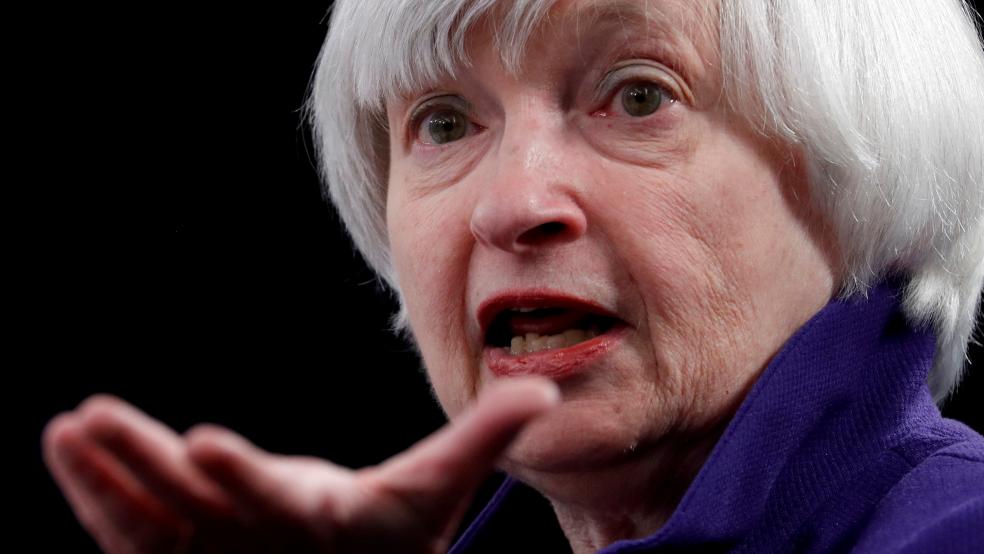Treasury Secretary Janet Yellen on Wednesday defended President Joe Biden’s proposed $6 trillion budget for 2022, telling lawmakers on the Senate Finance Committee that now is the time to embrace an “ambitious fiscal policy” to help reverse “destructive forces” like inequality, declining labor force participation and climate change.
Yellen said in testimony before the Senate panel that the U.S. economy is “well on the way” to a strong recovery from the Covid-19 pandemic, but that the private sector does not make enough of the kinds of investments needed to reverse the nation’s structural economic challenges. The nation has underinvested in those areas for 40 years, she said..
“We need to make these investments at some point, and now is fiscally the most strategic time to make them,” Yellen said. “We expect the cost of federal debt payments will remain well below historical levels through the coming decade. We have a window to invest in ourselves.”
Yellen added that Biden’s budget “is both fiscally strategic and fiscally responsible,” arguing that the president’s proposed tax hikes on the wealthy and corporations would both pay for his spending plans over time and make the tax code fairer. “There are some tough trade-offs in fiscal policy, but this – a fairer tax code for a structurally sound economy – is not one of them,” she said.
Republicans take aim at Biden’s tax and spending plans: Republicans on the panel criticized Biden’s economic agenda and warned that the resulting near-term increases in the national debt could be dangerous. Republicans, and some economists, fear that a surge of trillions in federal spending could overheat the economy and drive a longer-term rise in inflation, potentially forcing the Federal Reserve to raise interest rates.
“The administration’s proposals to increase spending, hit Americans with higher taxes and strangle the economy with regulations and red tape is not a path to prosperity,” said Sen. Mike Crapo (R-ID), the top Republican on the committee. “The President’s budget envisions deficits of $14.5 trillion over the next decade, with debt exploding to more than $39 trillion, or 117 percent of GDP, by the end of fiscal year 2031. Such high debt is risky, especially in the current high inflation environment. … If inflation expectations become unanchored, which no one can credibly claim cannot happen, the resulting increased interest rates can turn federal debt service costs into budget busters.”
Yellen reiterates that inflation will be temporary: The Treasury Secretary said that the administration was closely watching inflation and that she still believes that the current price pressures will dissipate as the pandemic recedes and the economy returns to normal. “Most economists think the current burst of inflation we have seen reflects the difficulties of re-opening an economy that has been shut down,” Yellen said. She acknowledged, though, that inflation this year will be higher than the 2% rate the Biden administration projected in February. "We're monitoring inflation very carefully and take it very seriously. No one wants to return to the bad high inflation days of the '70s," she said.
Several Republicans also took issue with the Biden administration’s proposals to ramp up Internal Revenue Service funding to increase enforcement and shrink the “tax gap,” the amount of taxes that goes unpaid, which the administration estimates will total $74 trillion over the next decade. And they questioned the administration’s push for a 15% global minimum corporate tax, which the G7 nations agreed to earlier this month. “That’s not a race to the bottom that we should try to prevent,” Sen. Pat Toomey (R-PA) said. “That’s a race we ought to be winning.”




